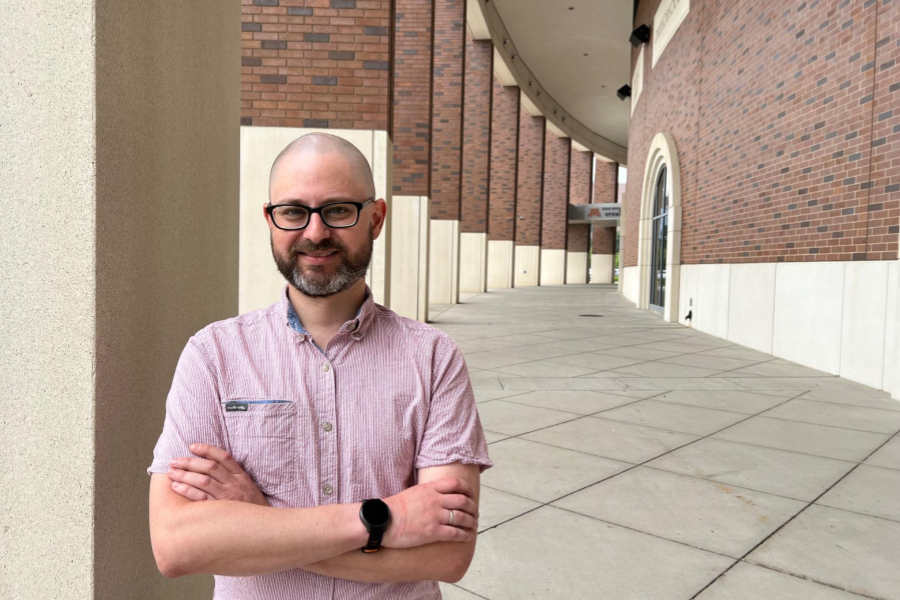
While gathering with loved ones is a wonderful way to spend the holidays, it’s also an opportunity to spread flu, COVID-19 and other viruses. National Influenza Vaccination Week is an annual campaign to get vaccinated and protect yourself and your loved ones.
Unfortunately, not all Minnesotans have equitable access to these vaccines. Colin Planalp, a senior research fellow at the University of Minnesota School of Public Health, studies vaccine disparities that affect Minnesotans.
Colin Planalp
“Research shows that, like COVID-19 vaccines, influenza vaccines reduce people’s risk of severe illness and death. In recent years, Minnesota’s flu vaccination rate was higher than the U.S. average, but there remains substantial room for improvement. And while most Minnesotans have been vaccinated against COVID-19, less than half have received updated vaccines that can boost their protection as the virus evolves."
“For anyone looking to get vaccinated, the Minnesota Department of Health has a useful online tool that includes information on free or low-cost shots for children, and resources for people with little or no insurance coverage.”
“Though we’ve finally emerged from the darkest days of the pandemic, it’s important to remember the lessons we learned about preventing the spread of illness, such as protecting ourselves and our communities by staying home when sick, masking in higher risk situations and making sure we’re up to date with recommended vaccines."
Planalp has more than 15 years experience in health policy research and communications. Since joining SPH’s State Health Access Data Assistance Center in 2014, he has conducted research and provided technical assistance to states and federal agencies on a variety of topics, including innovative solutions to filling gaps in data on social determinants of health, measuring health disparities and efforts to enhance health equity.
Contact:
Colin Planalp
- Categories:
- Health
- Health policy




